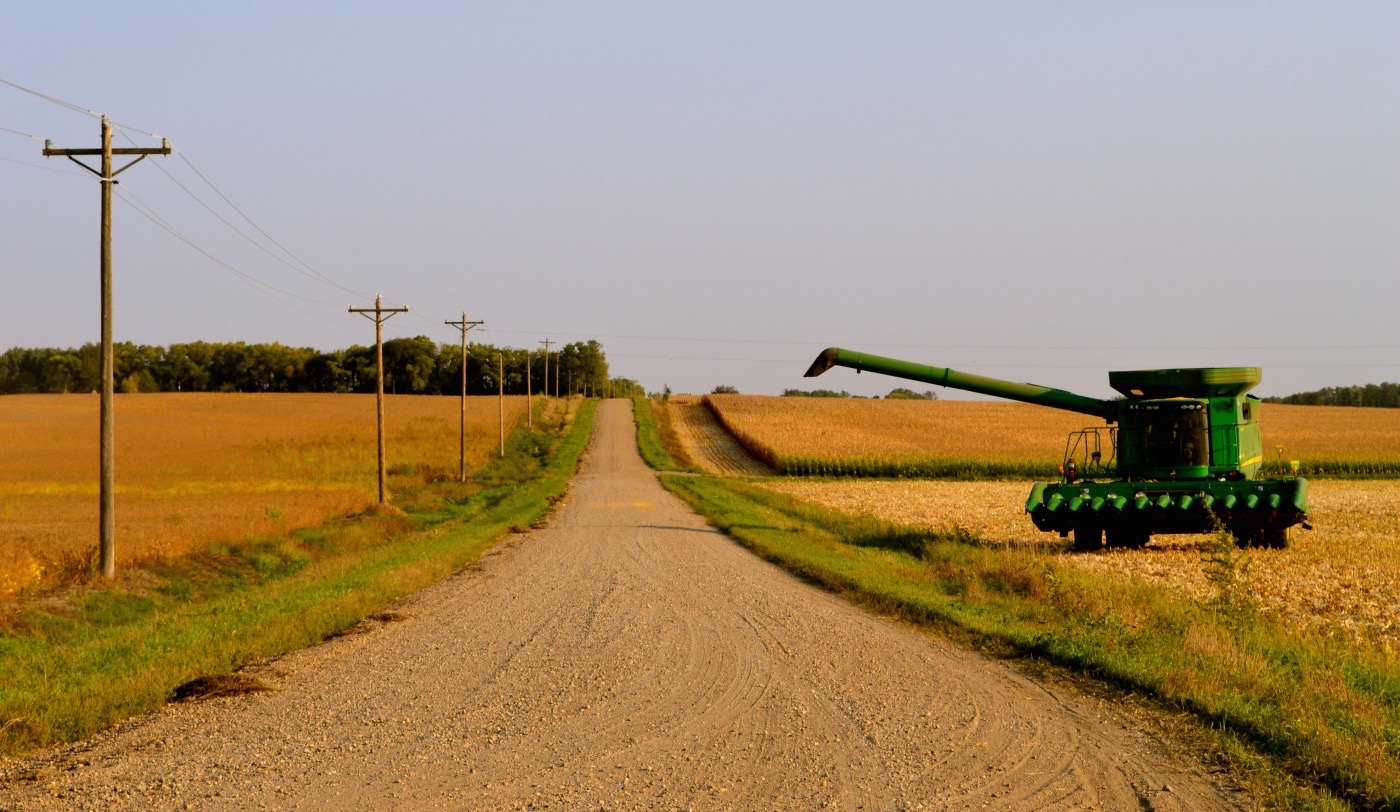 As slimy green algal sludge started to overtake our waterways for the summer, a news piece with a bold headline took Minnesota by storm. The long-form City Pages story, “Big Ag is conquering Minnesota like a noxious, unkillable weed,” swept through the state and across social media, earning 7,500 shares on Facebook within three weeks of publication. This story resonated particularly well with CURE members and other rural residents because it so perfectly captured the multi-faceted way that Big Ag, at the same time that it pollutes our natural resources, has changed the quality of life in Greater Minnesota for the worse. Meanwhile, our Legislature has largely failed to address these problems, preferring to give in to the industry rather than protect citizens, leaving many Minnesotans feeling frustrated and powerless. The author, Hannah Sayle, has done an excellent job explaining this dynamic, leading one Facebook user to comment on his share, “If you only read one article this year, read this one.”
As slimy green algal sludge started to overtake our waterways for the summer, a news piece with a bold headline took Minnesota by storm. The long-form City Pages story, “Big Ag is conquering Minnesota like a noxious, unkillable weed,” swept through the state and across social media, earning 7,500 shares on Facebook within three weeks of publication. This story resonated particularly well with CURE members and other rural residents because it so perfectly captured the multi-faceted way that Big Ag, at the same time that it pollutes our natural resources, has changed the quality of life in Greater Minnesota for the worse. Meanwhile, our Legislature has largely failed to address these problems, preferring to give in to the industry rather than protect citizens, leaving many Minnesotans feeling frustrated and powerless. The author, Hannah Sayle, has done an excellent job explaining this dynamic, leading one Facebook user to comment on his share, “If you only read one article this year, read this one.”
Environmental Protection is Quality of Life Protection
This article is uniquely powerful in the way that it presents environmental concerns as a quality of life problem, despite the fact that polluters often claim that environmentalists are out of touch with reality and the needs of real human beings. Sayle’s profiles of the Trom family and Chris Peterson, however, show that the outcry about dirty water is not just coming from an elite urban core of environmentalists. It is part and parcel of the modern rural identity for many residents and farmers. This message is the key story we need our decision-makers to understand.
But the Legislature isn’t Listening
Yet, even though we have very real concerns about our homes and communities, our Legislature isn’t acting to protect us. Instead, this session we saw a number of provisions pass that favor Big Ag over everyday citizens, and Sayle’s account of the power of Big Ag lobbyists is chilling. It is this imbalance of power that is so frustrating to rural and urban residents alike, and I believe that the care Sayle put into explaining the situation clearly and thoroughly is what made this article so extremely popular and so widely shared on social media.
Who Wrote This Story, Again?
For someone that so completely captured what many of us have seen and felt, the author must be a tried and true Minnesota native, right? Not so—Hannah Sayle has been the Managing Editor at City Pages for just under two years. She honed her skills as a long-form journalist covering social justice issues in her hometown of Memphis, Tennessee, where she wrote and edited for the Memphis Flyer. However, if this article is an indication of what we will be able to expect of her in the coming years, Minnesota is indeed fortunate to have a journalist like her covering these rural and environmental issues.
To read the full story, click here.
This review was written by Ariel Herrod, Water Program Coordinator.